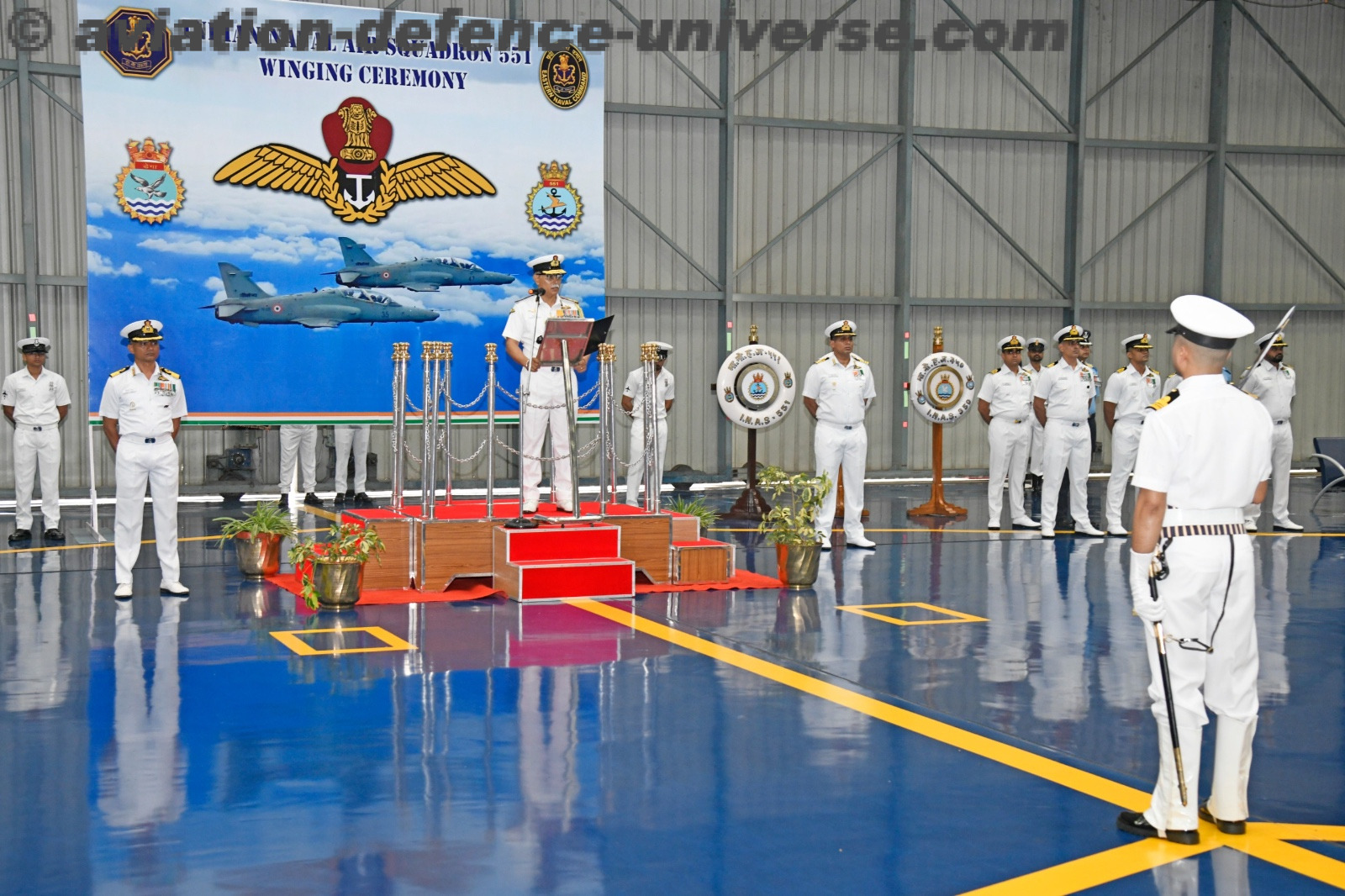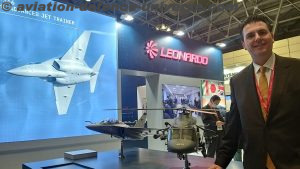Tokyo. 06 March 2023. DSEI Japan will play a key role in supporting a deeper cooperation and dialogue between Japan and NATO in order to respond to the changing strategic environment and support Japan’s vision for a ‘Free and Open Indo-Pacific’.
Following the publication of Japan’s National Security Strategy in December 2022, Jens Stoltenberg, NATO Secretary General and Fumio Kishida, Prime Minister of Japan met in Tokyo last month as part of efforts to enhance Japan-NATO cooperation and tackle security challenges facing the Euro-Atlantic and Indo-Pacific. This is in addition to Japan signing security agreements of one type or another with Australia, UK, USA in recent months.
The cooperation will include the strengthening of capabilities in areas including maritime security, cyber, space, disinformation and strategic communications, and support for increasing resilience and emerging critical technologies.
DSEI Japan will bring the world’s defence community together in Makuhari Messe in March to pair these requirements with cutting edge capabilities, and support stronger cooperation between Japan and the international defence industry.
“In the context of a record-breaking increase in Japan’s defence budget, Japan’s engagement with external partners is set to increase dramatically,” James Samuel, Director, DSEI Japan, said. “The revitalisation of the Japan Self Defence Force and the role Japan plays at the forefront regional capabilities, necessitates greater communication with its international trading partners. It also poses significant challenges around achieving operational capability in key areas, and ensuring interoperability with existing platforms and allies.
“DSEI Japan will play a critical role in connecting Japan with the technologies – existing and emerging – that will help it meet the challenges it faces regionally, and stand alongside NATO as a key player in global security.”
DSEI Japan is set to host a Global Combat Air Program (GCAP) feature stand. GCAP is an ambitious endeavour between the UK, Japan and Italy to deliver the next generation of combat air fighter jets. It is a great example of global collaboration with clear benefits to the Japanese supply chain. In Japan, the F-X fighter aircraft programme is being led by Mitsubishi Heavy Industries (MHI) as the single prime contractor, together with seven subcontractors, namely IHI, Kawasaki Heavy Industries (KHI), Subaru & Toshiba.

























































































































